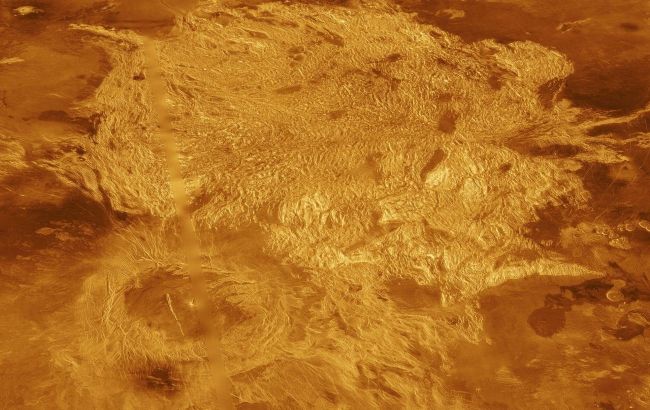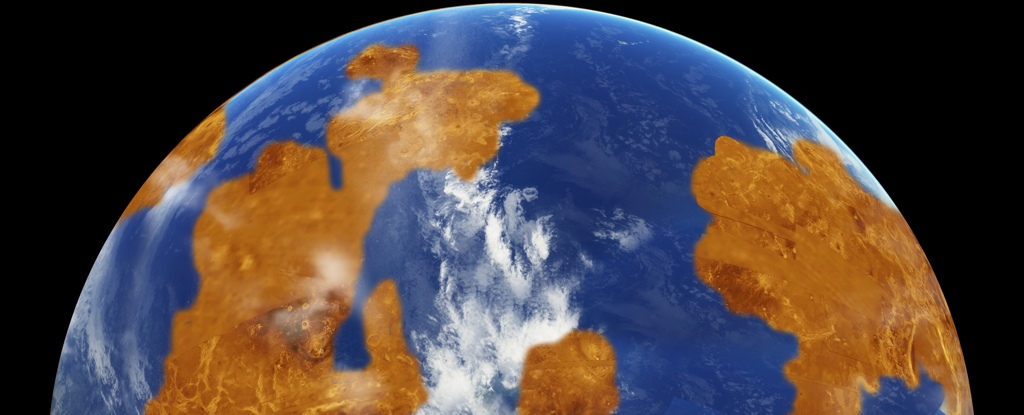Scientists found answer to why Venus lost water and is no longer suitable for life
 Scientists have found the probable cause of Venus' water loss (photo: Pixabay)
Scientists have found the probable cause of Venus' water loss (photo: Pixabay)
A study conducted by researchers at the University of Colorado Boulder fills a significant gap in our understanding of Venus's so-called water history. This discovery will help elucidate processes occurring with water on many planets in our galaxy, according to the scientific and technical news website Phys.org.
Details of the discovery
Through computer modeling, researchers have found that hydrogen atoms in Venus's atmosphere are being ejected into space through a process known as dissociative recombination. As a result, the planet loses approximately twice as much water daily as previously estimated.
Venus suffers from a severe water deficit. If all the water on Earth were spread over the planet's surface, the thickness of this layer would be about 3 kilometers. In comparison, on Venus, where all the water is in the atmosphere, the thickness of such a layer would be only 3 centimeters, insufficient even to moisten fingertips.

Venus in the past: an approximation (Photo: Science Alert)
Researchers assert that Venus contains 100,000 times less water than Earth, despite its similar size and mass. They view Venus as a vast chemical laboratory and focus on various chemical reactions occurring in its atmosphere.
During their investigation, scientists discovered that a molecule called HCO+ may be responsible for the planet's water loss. It forms in the upper layers of the atmosphere, where water combines with carbon dioxide gas. HCO+ decomposes, releasing hydrogen atoms, which then escape into space, depleting Venus of water.
Researchers conclude that to explain the water deficit on Venus, it is necessary to recognize that its atmosphere contains significantly more HCO+ than previously thought. However, scientists have not yet observed HCO+ in the vicinity of Venus and intend to do so as part of future missions to study the planet.
Astronomers have refined where the ninth planet might be located.

